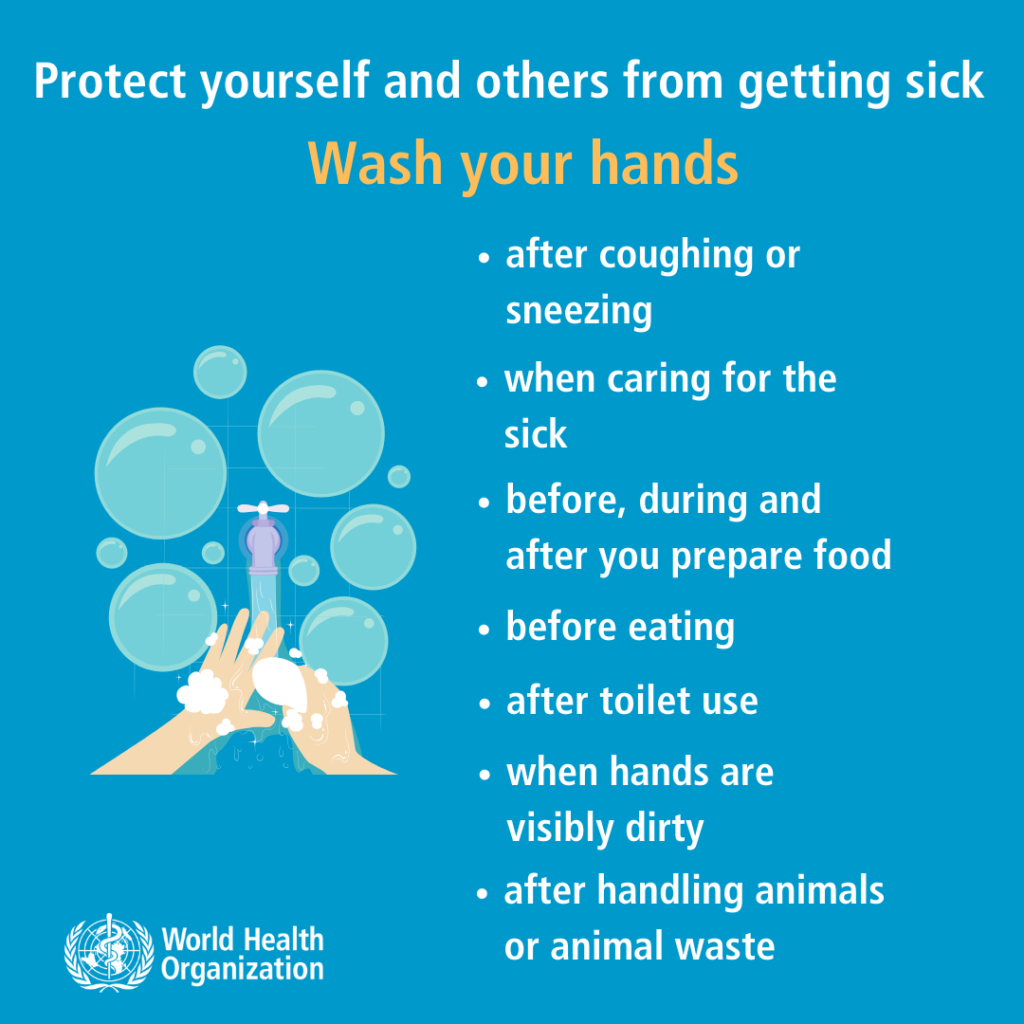Warning Level differs from one country to another (constantly check the advice of your host country’s health authority) in Europe.
Key Points
The ongoing outbreak of respiratory illness (COVID-19) has spread to all European Territories.
The virus can spread from person to person.
All people, including migrants, in Europe should avoid contact with sick people and clean their hands often by washing with soap and water for at least 20 seconds or using an alcohol-based hand sanitizer with 60%–95% alcohol.
What is the current situation?
A new coronavirus that recently emerged in China has been detected in a number of other locations around the world. Many cases of this new coronavirus infection (COVID-19) have been associated with travel to or from mainland China, Northern Italy or close contact with a travel-related case, but multiple instances of community spread have been reported in Europe. Community spread means that people in Europe have been infected with the virus, but how or where they became infected is not known.
Illness with this virus has ranged from mild to severe. Signs and symptoms of infection include fever, cough, and difficulty breathing. Sore throat also has been reported in some patients. Some patients also have reported diarrhea without other symptoms. This new coronavirus has caused severe disease and death in patients who developed pneumonia. Risk factors for severe illness are not yet clear, although older adults and those with chronic medical conditions may be at higher risk for severe illness.
What can migrants do to protect themselves and others?
At this time, Migrante-Europe recommends the following to Overseas Filipino Workers (OFW) in Europe:
1. Avoid contact with sick people;
2. Avoid touching your eyes, nose, or mouth with unwashed hands;
3. Clean your hands often by washing them with soap and water for at least 20 seconds or using an alcohol-based hand sanitizer that contains at 60%–95% alcohol. Soap and water should be used if hands are visibly dirty;
4. It is especially important to clean hands after going to the bathroom; before eating; and after coughing, sneezing or blowing your nose.
5. Pay attention to your health; and
6. Pay extra attention to health advice in your host country.
If you spent time or living in a place where the COVID-19 has been known to infect somebody and feel sick with fever or cough or have difficulty breathing, do the following:
1. Take your temperature;
2. Seek medical advice. Call ahead before going to a doctor’s office or emergency room. Tell them about your recent travel history and place of residence, an area with community spread of coronavirus, and your symptoms;
3. Avoid contact with others;
4. Do not travel while sick;
5. Cover your mouth and nose with a tissue or your sleeve (not your hands) when coughing or sneezing; and
6. Clean your hands by washing them with soap and water for at least 20 seconds or using an alcohol-based hand sanitizer that contains 60%–95% alcohol immediately after coughing, sneezing, or blowing your nose. Soap and water should be used if hands are visibly dirty.
COVID-19 emergency telephone numbers in Europe:
Austria:
Coronavirus hotline: 0800 555 621 (24 hours)
Health hotline: 1450 (24 hours)
Belgium:
Coronavirus hotline: 0800 14 689
Bulgaria:
Coronavirus hotline: 02 807 87 57 (Monday to Friday – 8:30am to 5pm)
Czechia (Czech Republic):
National Institute of Public Health: +420 724 810 106 and +420 725 191 367
Denmark:
The Danish Health Authority Hotline: +45 7222 7459
Estonia:
Family doctor hotline: 1220
Emergency number: 112
Finland:
Coronavirus hotline: 09 310 10024 (Monday to Friday – 7am to 8pm)
France:
Coronavirus hotline: 0 800 130 000
Emergency number: 15
Germany:
Coronavirus hotline: 0800- 5554666
Patient Service: 116117
Hungary:
Coronavirus hotline: 0800 555 621
Iceland:
Coronavirus hotline: +354 544-4113
Ireland (Republic of):
Coronavirus hotline: +353 (0) 1 613 1733
Italy:
Public Utility Number: 1500
Regional toll-free numbers:
Basilicata : 800 99 66 88
Calabria : 800 76 76 76
Campania : 800 90 96 99
Emilia-Romagna : 800 033 033
Friuli Venezia Giulia : 800 500 300
Lazio : 800 11 88 00
Lombardy : 800 89 45 45
Brands : 800 93 66 77
Piedmont :800 19 20 20 (24 hours)
800 333 444 (Monday to Friday – 7am to 8pm)
Autonomous Province of Trento : 800 867 388
Autonomous Province of Bolzano : 800 751 751
Puglia : 800 713 931
Sardinia : 800 311 377
Sicily : 800 45 87 87
Tuscany : 800 55 60 60
Umbria : 800 63 63 63
Aosta Valley : 800 122 121
Veneto : 800 462 340
Luxembourg:
Coronavirus hotline: 8002 8080
Malta:
Public Health Helpline: 111 or (+356) 21324086
Netherlands:
RIVM: 0800-1351
Norway:
Coronavirus hotline: 815-55-015
On-call doctor: 116117
Portugal:
Health service: 808 24 24 24 (24 hours)
Spain:
Coronavirus hotline: 061
Sweden:
National health advice hotline: 1177
Switzerland:
Coronavirus hotline: +41 58 463 00 00
United Kingdom:
NHS 111
Scotland: call your GP surgery or 111 (NHS 24) if it’s closed
Wales: call 111
Northern Ireland: call 111
The post Migrante-Europe’s Advisory Regarding the Coronavirus (COVID-19) in Europe appeared first on Migrante Europe.

